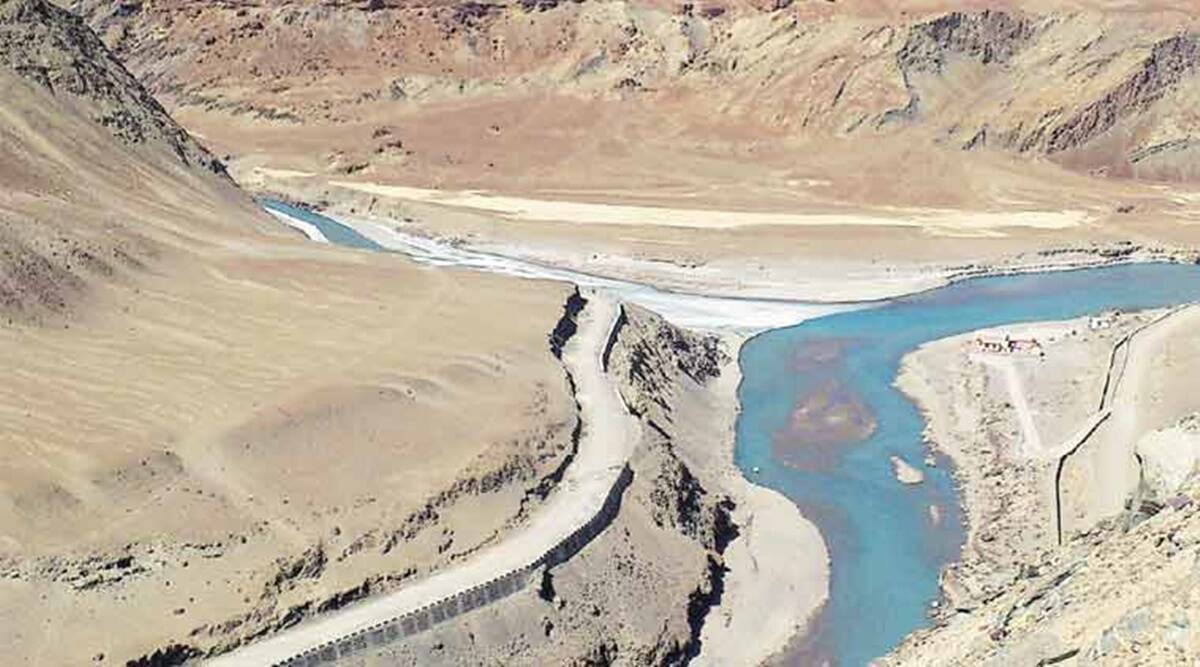India intends to revise its water pact with Pakistan after 62 years.

IN AN UNPRECEDENTED MOVE, India has notified Pakistan of its intention to modify the Indus Waters Treaty (IWT) – a bilateral pact signed in September 1960 that has withstood three wars, the Kargil War, and terrorist attacks in Mumbai and Kashmir.
According to sources, Pakistan’s “obstinacy” compelled India to publish the notice of modification and revise the treaty to “incorporate the lessons acquired over the past 62 years.” This would mean that the treaty can be reopened for the first time in nearly six decades.
“The purpose of the notice for modification is to provide Pakistan with the chance to engage in intergovernmental negotiations within 90 days to address the material violation of the IWT,” said sources.
In accordance with Article XII (3) of the IWT, India reportedly notified Pakistan on January 25 via their respective Commissioners for Indus Waters. Article states: “The contents of this Treaty may be changed from time to time by a duly ratified treaty concluded between the two governments for that purpose.”
Pakistan stated late on Friday that “a Court of Arbitration is holding its first hearing in The Hague” about its objections to two hydroelectric power projects in J&K and that “the significant proceedings” should not be overlooked.
While India has always been a “steadfast supporter” and “responsible partner” in implementing the treaty in letter and spirit, Pakistan’s actions have “negatively affected” its provisions and their execution, according to sources in Delhi.
Pakistan proposed the appointment of a “Neutral Expert” in 2015 to assess its technical objections to the Kishanganga and Ratle Hydro Electric Projects (HEPs). Pakistan retracted this request in 2016 and proposed that the Court of Arbitration rule on its objections.
According to sources, Pakistan’s “unilateral move” violates Article IX of the IWT’s “graduated procedure for dispute settlement.” Therefore, India made a “separate request” to refer the matter to a “Neutral Expert.”
According to sources detailing the Indian viewpoint, the “initiation of two concurrent procedures on the same questions and the possibility of their inconsistent or contradictory findings creates an unprecedented and legally untenable situation that threatens the IWT itself.”
In response to the Indian notification, Pakistan Foreign Ministry spokesperson Mumtaz Zahra Baloch stated, “A Court of Arbitration is currently conducting its first hearing in The Hague regarding Pakistan’s objections to the Kishanganga and Ratle Hydroelectric Projects. The Court of Arbitration has been established in accordance with the pertinent terms of the Indus Waters Treaty. These media reports should not detract from the Court of Arbitration’s crucial procedures.”
In the meantime, sources in Delhi referred to the dispute settlement system outlined in Article IX of the treaty. “This is a three-tiered method. Under the Indus Water Treaty, we must alert Pakistan whenever we propose to initiate a project there. Invariably, they dispute it and request additional information, which indicates a question,” they added.
“If a question arises, it must be resolved between the two parties at the level of Indus Commissioners. If they are unable to remedy the issue, the level is escalated. And this question becomes a difference that the Neutral Expert addresses. This is the point that the World Bank enters the scene. If the Neutral Expert states, “This is a question I cannot settle or a matter that requires interpretation of the treaty,” a dispute is created. They stated that the third phase will involve the Court of Arbitration.
According to reports, the World Bank acknowledged this procedure in 2016 and decided to “stop” the launch of two parallel processes, requesting India and Pakistan to seek a peaceful resolution.
Despite India’s efforts to identify a mutually accepted path ahead, Pakistan reportedly refused to debate the matter during five meetings of the Permanent Indus Commission from 2017 to 2022, according to sources.
According to sources, the World Bank launched the “Neutral Expert” and Court of Arbitration processes in March 2012 at Pakistan’s request. The World Bank appointed Michel Lino as the “Neutral Expert” and Professor Sean Murphy as the Court of Arbitration’s chairman in October.
According to sources, India was obligated to submit the notice because “such concurrent review of the same problems is not covered by any IWT clause.”
The IWT was signed on September 19, 1960 in Karachi by then-Prime Minister Jawaharlal Nehru and then-Pakistani President Mohammed Ayub Khan, after nine years of discussions between the two countries.
Article II (1) of the treaty reads, referring to the Sutlej, Beas, and Ravi rivers, “All the waters of the Eastern Rivers shall be available for India’s unrestricted usage, unless otherwise expressly stipulated in this Article.”
Article III (1) of the treaty addresses Indus, Jhelum, and Chenab: “Pakistan shall receive for unrestricted use all those waters of the Western Rivers that India is obligated to let flow under the terms…”
India is developing the Kishanganga project on the Kishanganga river, a tributary of the Jhelum, and the Ratle project on the Chenab. Kishanganga can generate 330 MW of power, while Ratle can generate 850 MW.
Related Posts
| India appraises the Indus Waters Treaty modification procedure |



